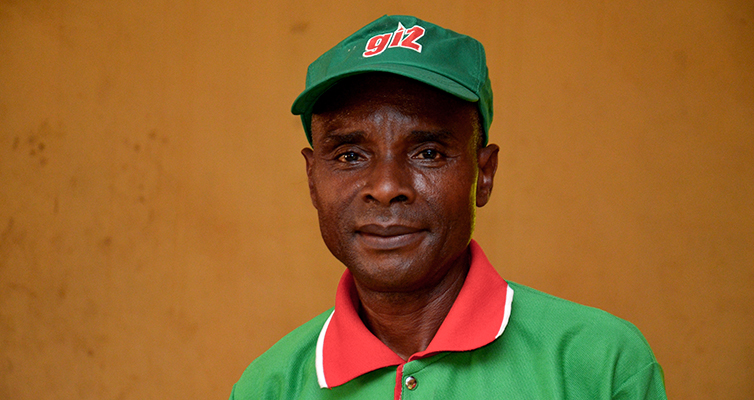‘Cocoa farming creates jobs’

Rotimi John Omole works for the development programme of Nigeria’s Federal Ministry of Agriculture and Rural Development (MARD) in the state of Ekiti. He is also a supervisor at the Farmer Business School (FBS). Ekiti is one of six federal states in Nigeria in which GIZ has launched FBS training for small farmers on behalf of the Federal Ministry for Economic Cooperation and Development.
How important is cocoa for Nigeria’s economy?
Cocoa farming is very important, as the soil in many parts of the country is suited to it. And cocoa farming creates a large number of jobs. In South West Nigeria alone, around two million people are employed in the cocoa value chain.
Can cocoa farming stop the rural exodus of young people to urban areas?
The villages are lacking infrastructure. But if this were to be created, then agriculture, especially cocoa farming, would be an attractive field of employment. There are new crop breeds that yield fruit and can be harvested within 18 to 24 months. If the Government were to make land available to young people or support them in purchasing land, create infrastructure and provide good training, then they could work as cocoa producers. And they would no longer need to move to the cities.
Is cocoa Nigeria’s future?
Definitely. Nigeria exports cocoa, which brings money into the country and secures a good income for farmers. It can be processed into many products, such as cocoa butter, wine, bread and chocolate. Investing in growing and processing cocoa could transform Nigeria’s economy and the future of the country.
Interview: Katrin Gänsler
July 2019
THE PROJECT IN FIGURES
1.1 million smallholders in 19 African countries have completed a training course with the Farmer Business School programme. One third of the 300,000 FBS trainees in Nigeria were women.
